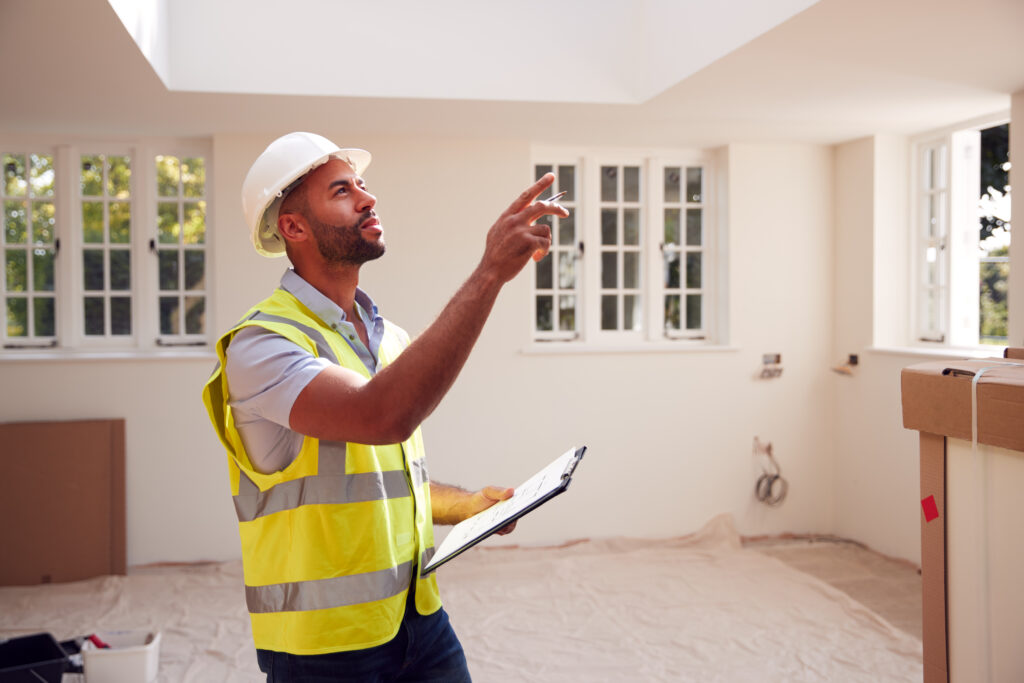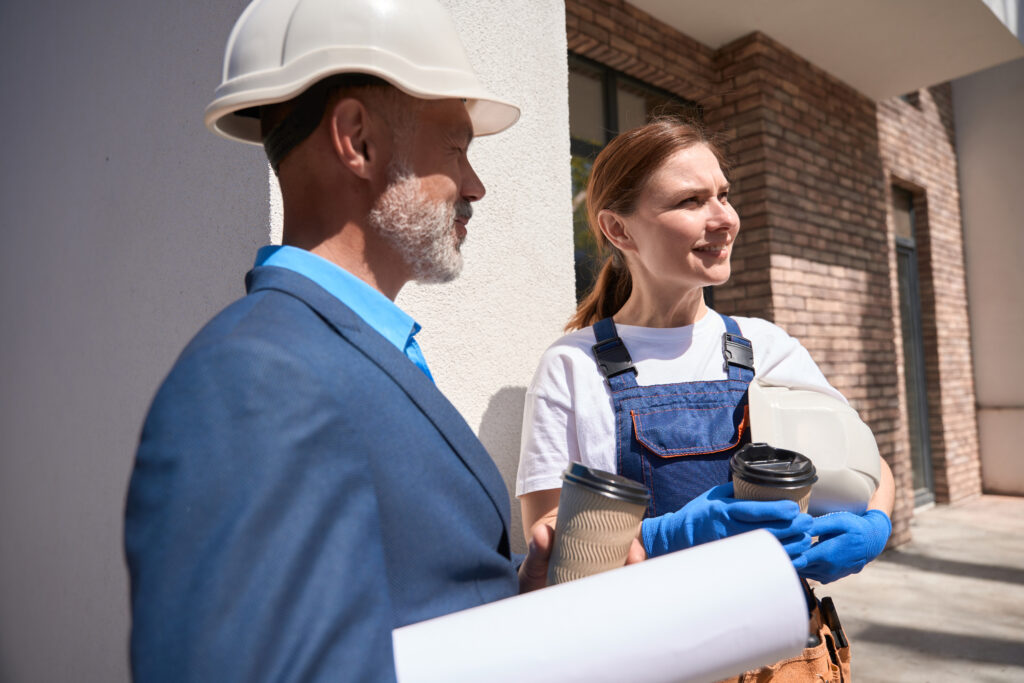Among the many steps involved in buying a home, the home inspection is one of the most critical—and frequently misunderstood. A common question among first-time buyers is: do buyers get home inspections? The answer is yes—buyers almost always get a home inspection during the purchase process, even though it’s not a legal requirement. It is, however, considered a best practice and is strongly recommended by real estate professionals.
Home inspections give buyers an independent, professional evaluation of a property’s condition before they commit to the purchase. From uncovering hidden issues to giving buyers negotiation leverage, the inspection serves as a powerful tool to protect one of life’s biggest investments.

What Is a Home Inspection?
A home inspection is a non-invasive examination of a property’s major systems and components, performed by a licensed inspector. It typically occurs after an offer has been accepted and during the contingency period defined in the purchase contract.
The inspector evaluates areas such as:
- Structural integrity and foundation
- Roofing and attic ventilation
- Electrical panels and wiring
- Plumbing systems and water pressure
- HVAC systems
- Doors, windows, and insulation
- Exterior grading and drainage
- Interior walls, floors, and ceilings
The inspection culminates in a written report, often delivered within 24 to 48 hours, outlining current defects, safety issues, and items needing repair or replacement. This report gives the buyer the knowledge needed to move forward confidently—or to renegotiate or withdraw from the deal.

Are Buyers Required to Get an Inspection?
Legally, no—buyers are not required to get a home inspection. Lenders do not typically require one either, though they will require an appraisal. That said, the vast majority of buyers opt for an inspection because of the value it provides in risk management.
Skipping the inspection may be permissible, but it is not advisable, especially for older homes or those being sold “as-is.” Without an inspection, buyers assume full responsibility for any hidden issues discovered after closing.
Why Buyers Get Home Inspections
Protection From Hidden Issues
Buyers cannot rely on a home’s appearance alone. Even well-staged properties can have hidden issues, such as plumbing leaks behind walls, outdated wiring, or mold in the attic. A home inspection uncovers these problems and gives buyers a realistic picture of what they’re buying.
Negotiation Power
The findings from an inspection report often serve as leverage in post-offer negotiations. Buyers may request that the seller make repairs, offer a credit, or reduce the purchase price. This step alone can save thousands in repair costs or help buyers walk away from a bad deal.
Planning for Future Repairs
Even if the home is in good shape, the inspection helps buyers understand what systems may need attention in the coming years. For example, learning that the water heater has only a few years of life left helps the buyer prepare financially.
Peace of Mind
Perhaps most importantly, buyers get a sense of confidence from knowing exactly what they’re buying. This peace of mind can make all the difference in such a high-stakes transaction.

What Happens If a Buyer Skips the Inspection?
Some buyers waive their inspection rights to make their offer more competitive, especially in hot markets. While this may help win the bid, it leaves them exposed to significant risks. If problems are discovered after closing, there’s no way to seek recourse unless the issue was actively concealed by the seller.
In many cases, buyers who waive inspections later regret it—especially if major systems like the foundation, roof, or HVAC fail unexpectedly. Choosing to inspect is always the more informed path.
Should Buyers Attend the Inspection?
Yes—buyers are encouraged to attend the inspection. Being present allows them to ask questions in real time and learn more about the condition of the home. Inspectors often provide helpful maintenance tips and context about what’s urgent versus what can wait.
The summary at the end of the inspection is especially valuable, as it gives buyers a clear overview of what was found and how serious each item may be.

Choosing the Right Home Inspector
Since the buyer is the one hiring the inspector, choosing a qualified, experienced professional is essential. Look for:
- State licensing and certification
- Membership in associations like InterNACHI or ASHI
- Transparent, sample inspection reports
- Strong reviews and references
Working with a trusted local expert like Icon Home Inspectors ensures that the inspection is thorough, unbiased, and helpful throughout the negotiation process.
Conclusion
So, do buyers get home inspections? Absolutely—and for good reason. While not legally required, home inspections are one of the smartest investments a buyer can make. They provide critical insight, leverage in negotiations, and protection from costly surprises.
If you’re preparing to buy a home in Northeast Ohio, schedule your inspection with Icon Home Inspectors to ensure your investment is protected from the start.